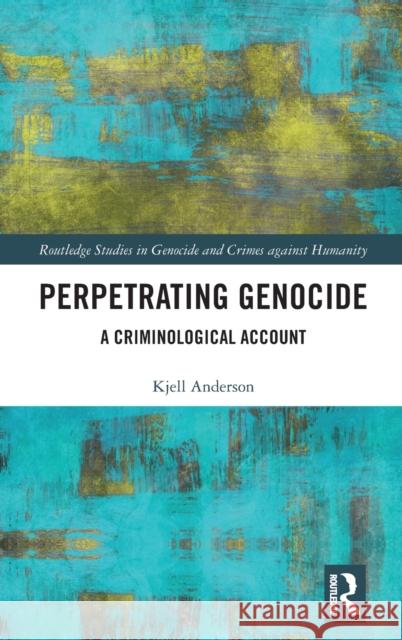Perpetrating Genocide: A Criminological Account » książka
Perpetrating Genocide: A Criminological Account
ISBN-13: 9781138648814 / Angielski / Twarda / 2017 / 276 str.
Perpetrating Genocide: A Criminological Account
ISBN-13: 9781138648814 / Angielski / Twarda / 2017 / 276 str.
(netto: 746,32 VAT: 5%)
Najniższa cena z 30 dni: 705,23
ok. 22 dni roboczych.
Darmowa dostawa!
Focusing on the relationship between the micro level of perpetrator motivation and the macro level normative discourse, this book offers an in-depth explanation for the perpetration of genocide. It is the first comparative criminological treatment of genocide drawn from substantial original field research and is based on interviews between perpetrators and the author. It provides fresh perspectives on the problem of genocide, as well as to existing criminological and genocide literature. The book utilises scientific methods with the objective of gaining some degree of insight into the causes of genocide. It is argued that genocide is more than a mere intellectual abstraction - it is a crime with real consequences and real victims. Abstraction and objectivity may be intellectual ideals but they are not ideally humane and genocide is ultimately about the destruction of humanity. Thus, this book avoids presenting an overly abstract image of genocide, but rather grounds its analysis in language that is not stripped of all human consequence. The author argues that, in order to understand, we must open the doors of perception. This book will be highly useful to academics and students with an interest in genocide and the causes of mass violence; this may include sociologists, criminologists, political scientists, psychologists, anthropologists, historians, and area specialists. It will also concern policy-makers engaged with the issues of genocide and conflict prevention.











